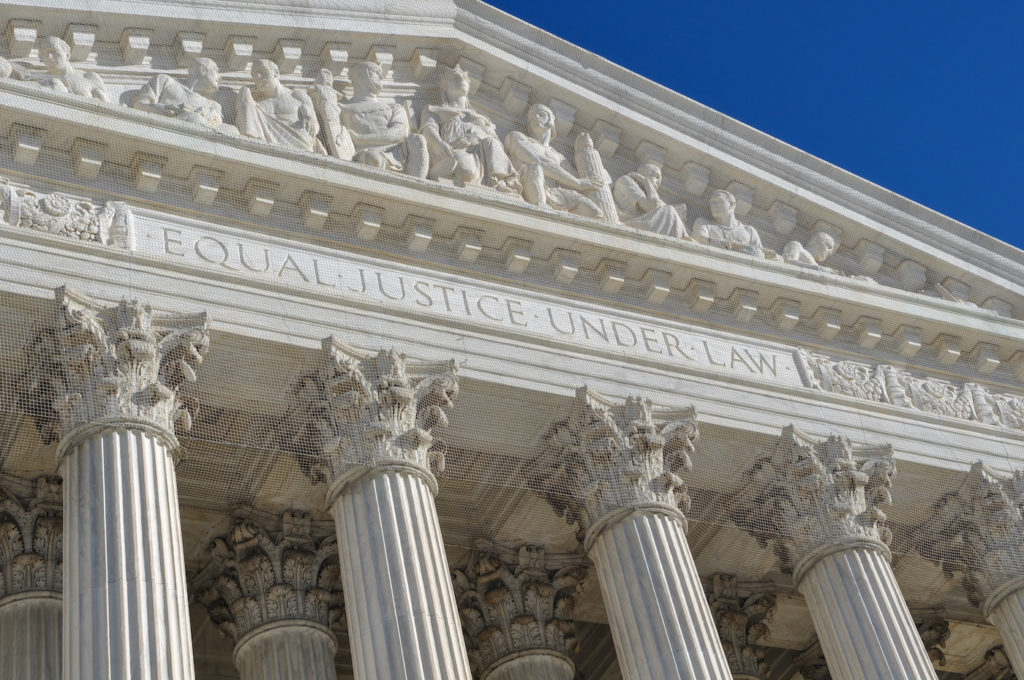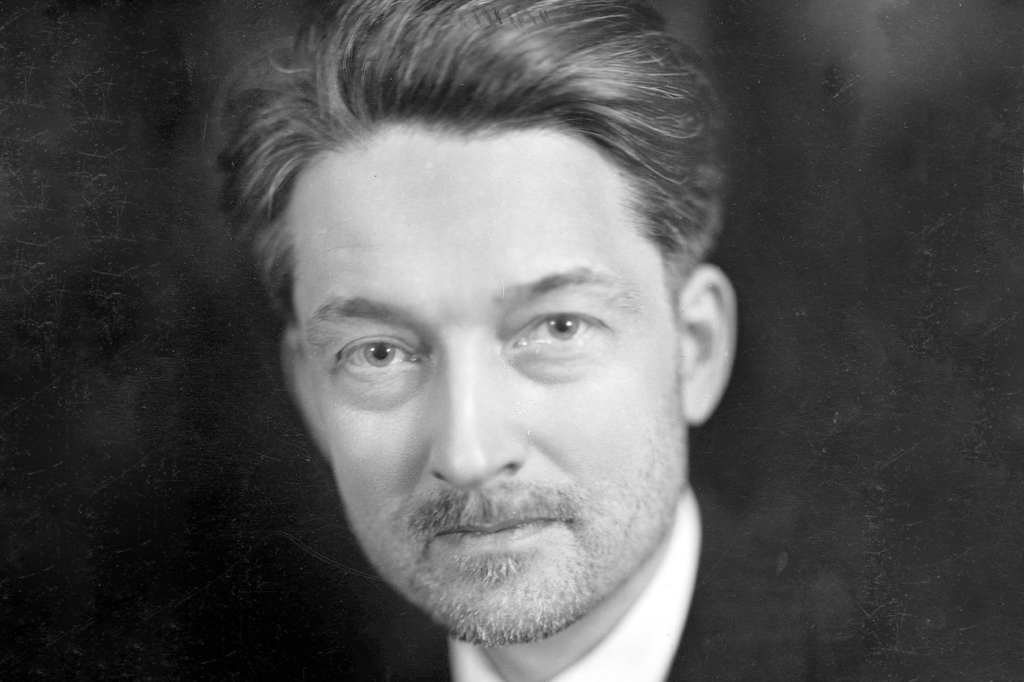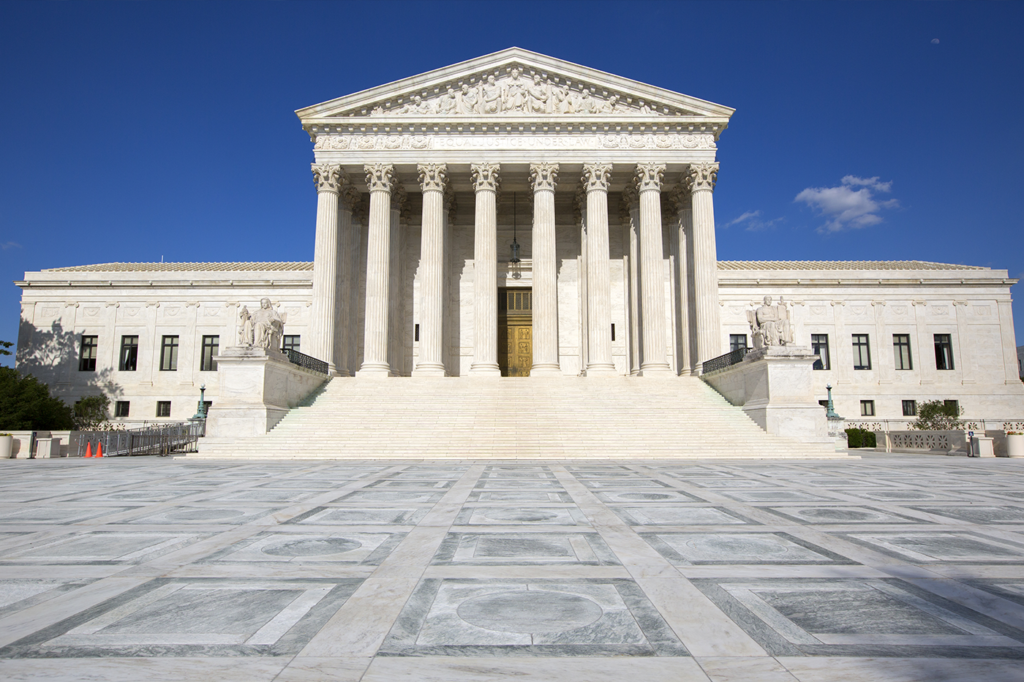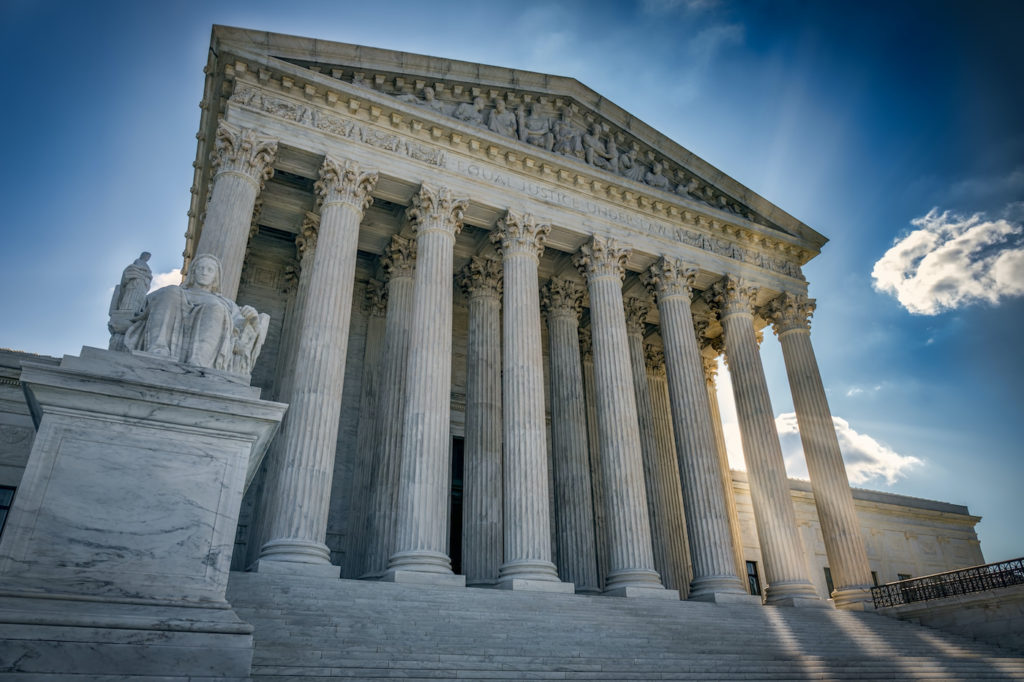Faith, Doubt, and Self-Delusion: A Tale of Two Feminists

We are all faced with a choice. Is meaning a futile attempt to mask the banal absurdity pervading everything? Or could there be divine purpose embedded within human existence?
Tips for Talking to Your Kids about Sex: The Elementary School Years

As a parent, you are in the best position to teach your children about sex. Mom and dad should be the first to introduce the subject—better a year too early than five minutes too late. By instilling good habits and ideas from an early age and having honest conversations with your children as they grow, you will help them to understand their sexed bodies; practice body safety; be on guard against porn; and marvel at how babies are made.
A Religious Liberty Ruling That Might Surprise You

Thanks to the Religious Freedom Restoration Act, the government cannot use significant penalties to coerce a religious adherent into violating his faith, no matter how trivial the government considers the adherent’s beliefs to be, unless doing so is the least restrictive means of achieving a compelling governmental interest.
Making the Case for Traditional Architecture

The leaked draft executive order “Make Federal Buildings Beautiful Again,” is not perfect, and it could easily be amended for the better. Still, a careful reading should not bring to mind visions of gulags. It has also given traditional and classical architects an unforeseen and unasked opportunity to promote their cause in a public forum.
The Long Autumn of Our Content

Ross Douthat’s depiction of our society in his new book, The Decadent Society, should unsettle defenders of the status quo; his assessment of its potential resilience should give pause to those who are eagerly awaiting its fall and planning for what comes next. Decadence may be worse, and yet more permanent, than we think.
Friends Clashing—Yet One More Time—On Free Speech

Hadley Arkes and Robert Miller go one more round on the moral norms that govern speech and the government’s authority in prohibiting immoral speech.
Truth, Euphemism, and Physician-Assisted Suicide

Physician-assisted suicide pithily and precisely names the act of a doctor prescribing a lethal drug at his terminally ill patient’s request. However, its advocates reject this name and propose euphemisms in its place, such as “death with dignity” and “end of life option.” These amount to advertisements for the disputed practice and ought to be rejected as imprecise, inaccurate, and jargonistic.
Speaking with the Barbarians: Maritain, MacIntyre, and Christendom

Contemporary Christians are called to infuse procedural liberalism with substantive language and concepts rooted in Christian tradition. We ought not spend our time despairing over supposed barbarians at the gate, or lurking within us—and not simply because it distracts us from our work, but also because it saps us of hope.
Humanistic Education for Today’s Students

Through the stories we tell and the wisdom of traditions we know, professors should invite students to rethink their lives as a creative call to move outside themselves into relationships with goods, work, and people that are fulfilling and fruitful.
Is Economic Analysis Just a Weapon in Public Policy Wars?

In a war, you know your goal, and then you decide on the best means to achieve that end. If you think about economic debates as a form of war, then choosing an economic model is not the first question. Instead, once you know your preferred policy outcome, you then choose an economic analysis that leads to that conclusion.
Transition as Treatment: The Best Studies Show the Worst Outcomes

A pattern begins to emerge as we survey some of the best and longest outcome studies on gender transition: the longer the studies and the better the methods, the more negative the results.
Science, Sex, and Suicide

Why would Scientific American urge a ban on therapies that may free some from an identity associated with greater depression and suicide, and yet never question “treatments” for gender dysphoria that lead to increased confusion, depression, and suicidal tendencies?
“Peaceable and Just . . . Notwithstanding Their Spiritual Whoredoms”: Roger Williams, Civility, and the Freedom of Conscience

As civility becomes a contested value, we would do well to look to the example of Roger Williams, whose understanding of civility was grounded on the natural law. It depended on common human virtues and fostered the freedom of conscience and freedom of expression for members of a pluralistic society.
Markets, the State, and the Imperative of Culture

Free markets and a limited state require a culture of liberty that says “yes” to responsibility and “no” to soft despotism.
Moral Truth and Constitutional Conservatism

The Constitution itself directs us to use metaphysical and moral truths that lie beyond it in its interpretation. Indeed, a contemporary judge can be faithful to the Founders only by relying on these truths.
The 17+ Women in El Salvador: A Case of Infanticide Impunity in the Name of Abortion Rights

American pro-abortion supporters, Western embassies and international human-rights bodies have taken part in the war against El Salvador’s full ban on elective abortion by supporting a fraudulent campaign that promotes impunity for infanticide in that country.
The Best Practices—and Benefits—of Religious Parenting

Informed by the best practices from social science and the best of religious belief, parents can raise their children with the benefits of a meaningful faith, as part of a nurturing community, in a manner that honors children’s humanity, their growing autonomy, and their spiritual choices.
Understanding the Right to Privacy in the Age of Big Data

The Christian moral tradition provides a solid foundation for the right to privacy by linking it to the act of communication and sharing information, a fundamentally relational activity oriented toward both the personal and common good. The failures of Capital One, Ring, and others illustrate that it cannot be left up to individual institutions to protect their clients’ privacy. We must therefore develop stronger legal institutions that embody the principles of both privacy and transparency.
The Supreme Court Is Poised to Deliver a Victory to School Choice Advocates

The US Supreme Court seems likely to rule in a way school-choice advocates will welcome. The Court will likely overrule the Montana court and hold a ban on scholarships for students at religiously affiliated schools unconstitutional—an important ruling, to be sure. But a sweeping opinion seems unlikely. Rather, Espinoza is shaping up to be one of those closely divided, narrow decisions that have become familiar in the Court’s Religion Clause jurisprudence.
Invoking the Tradition: Catholic Social Teaching in Policy Debates

Catholic social teaching can serve as an important source of wisdom about how to order personal action and social policy toward the ultimate ends of human life. Still, invoking this tradition does not obviate the need for detailed and mundane policy debate.
The Irony That Our Creed Is Our Culture: On Reno, Lowry, and National Conservatism

For decades, both First Things and National Review have struggled to make as much peace as possible between two uncongenial streams of conservative thinking and praxis. That their editors have now planted their feet decisively in one of those streams marks an important moment in the history of American conservatism.




